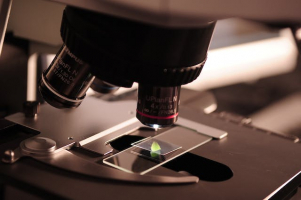Top 10 Argumentative Essays on Animal Testing
Exploring the ethics and impact of animal testing, these argumentative essays on animal testing delve into the complexities of a contentious issue. From the ... read more...necessity in biomedical research to the influence of industry interests, each essay navigates the multifaceted landscape with simplicity and clarity.
-
Essay topic: Argue for the continued use of animal testing as a crucial tool in advancing medical knowledge and finding treatments for human diseases.
Answer:
Animal testing has been a topic of debate, stirring emotions and ethical considerations. In the realm of biomedical research, however, it stands as a crucial tool for advancing medical knowledge and discovering treatments for human diseases. While acknowledging the ethical concerns, it is essential to recognize the necessity of animal testing in the pursuit of better health for humanity.
Animal testing plays a pivotal role in biomedical research, acting as a bridge between theoretical knowledge and practical application in the complex field of medicine. The use of animals allows researchers to observe the effects of new drugs and medical procedures, ensuring safety and efficacy before they are tested on humans. This crucial step in the research process helps prevent potential harm to human subjects, a responsibility that cannot be taken lightly.
Furthermore, animal testing has historically contributed to groundbreaking medical discoveries. Vaccines, antibiotics, and treatments for various diseases owe their development to insights gained through experiments on animals. These advancements have saved countless lives and improved the overall well being of humanity. In the absence of animal testing, the progress in medical science would be hindered, leaving us with limited tools to combat diseases that continue to afflict our society.
While alternative methods are being explored, they are not yet comprehensive or reliable enough to replace animal testing entirely. Until viable alternatives are developed, it remains an ethical imperative to utilize animals responsibly in research, prioritizing their welfare while acknowledging the potential benefits for humans.
In conclusion, the necessity of animal testing in biomedical research cannot be overstated. It serves as a vital component in the journey toward medical progress, offering insights that save lives and alleviate human suffering. While ethical considerations are paramount, the responsibility lies in finding a balance that prioritizes both the well being of animals and the pursuit of knowledge for the betterment of humanity. Until alternatives mature, we must continue to advocate for the judicious use of animal testing as a crucial and responsible tool in advancing medical science.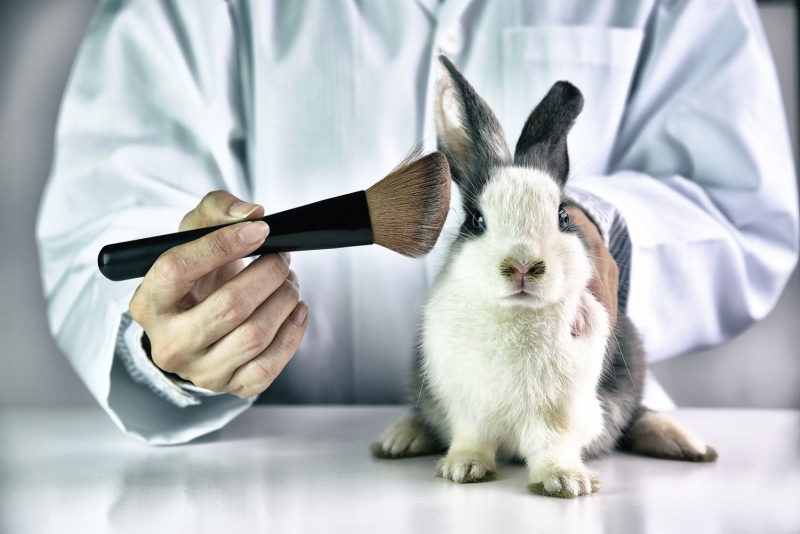
Photo by Pixabay via pexels 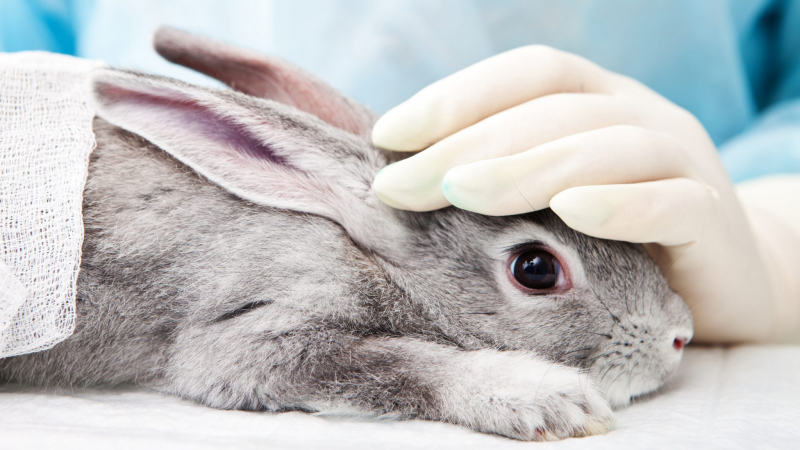
Photo by Pixabay via pexels -
Essay topic: Explore the ethical dilemma of balancing human medical progress with the rights and welfare of animals in scientific experimentation.
Answer:
In the quest for medical progress, a challenging ethical dilemma arises, the balance between human benefits and the rights and welfare of animals in scientific experiments. This issue sparks a heated debate, requiring careful consideration of the ethical boundaries that guide our pursuit of knowledge and advancements in healthcare.
The ethical dilemma at the heart of animal testing revolves around the conflicting interests of human well-being and the rights of animals. On one hand, medical progress is crucial for curing diseases and enhancing human life. On the other hand, animals possess rights and welfare that should be respected. Striking a balance is essential, acknowledging the importance of both aspects.
While animal testing has led to significant medical breakthroughs, questions about the humane treatment of animals persist. Ethical guidelines must be strengthened to ensure that animals are treated with care, minimizing harm and distress. This calls for constant evaluation and improvement in the ethical standards governing scientific experimentation.
Advancements in technology also offer alternatives to traditional animal testing methods. Researchers are exploring innovative techniques that reduce the reliance on animals, providing hope for a future where ethical concerns can be mitigated without hindering medical progress. Supporting and investing in these alternative methods is vital for steering research in a more humane direction.
In conclusion, the ethical dilemma of balancing human benefits and animal rights in scientific experimentation is a complex challenge. It requires a thoughtful and nuanced approach, acknowledging the importance of medical progress while respecting the rights and welfare of animals. Strengthening ethical guidelines and investing in alternative methods can pave the way for a future where both human well being and animal rights are safeguarded. Achieving this delicate balance is not easy, but it is a responsibility we bear in our collective pursuit of a better and more compassionate world.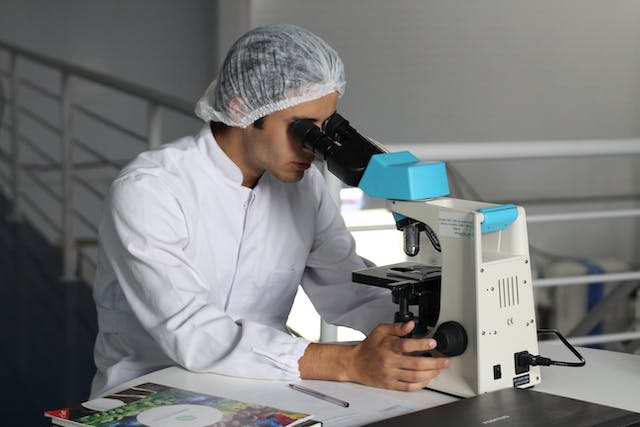
Photo by Pixabay via pexels 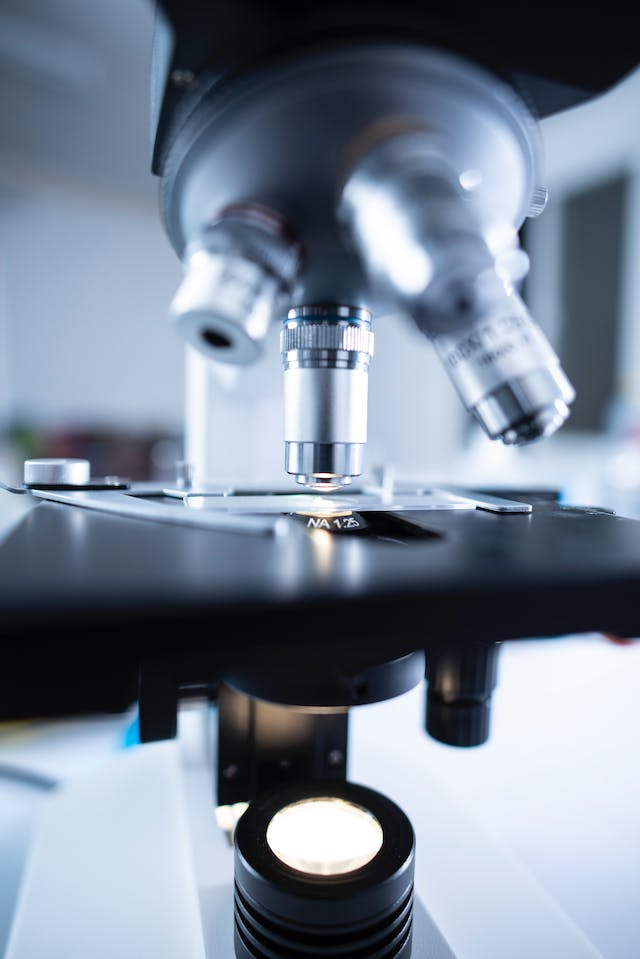
Photo by Chokniti Khongchum via pexels -
Essay topic: Discuss the significance of animal testing in ensuring the safety and efficacy of pharmaceuticals before they are tested on humans.
Answer:
In the intricate world of drug development, animal testing plays a vital role in ensuring the safety and effectiveness of pharmaceuticals before they reach human trials. This crucial step raises questions about the importance of animal testing in safeguarding human health and guiding the development of new medicines.
Animal testing serves as a necessary gateway in drug development, acting as a reliable indicator of potential risks and benefits for humans. Before a new medicine reaches human trials, it undergoes rigorous testing on animals to assess its safety and effectiveness. This process helps identify possible side effects and ensures that the medicine is likely to work as intended in human bodies.Additionally, animal testing provides useful information about how the body may react to the new medicine. It aids scientists in understanding the potential influence on organs, the possibility of allergic reactions, and the overall safety profile. This data is critical for making educated decisions before subjecting human volunteers to experimental therapies.
While some argue for alternative methods, the reality is that animal testing remains a cornerstone in drug development due to its reliability and predictability. Scientists continue to explore and refine alternatives, but until these methods prove as comprehensive and effective, animal testing remains an indispensable tool in the pursuit of safe and effective medicines.
In conclusion, the role of animal testing in drug development is paramount for ensuring the safety and efficacy of pharmaceuticals before they reach human trials. This method, though subject to ethical considerations, stands as a necessary step in the journey toward better medicines that can improve and save human lives. Striking a balance between ethical concerns and the imperative of medical progress is essential as we navigate the complex landscape of drug development.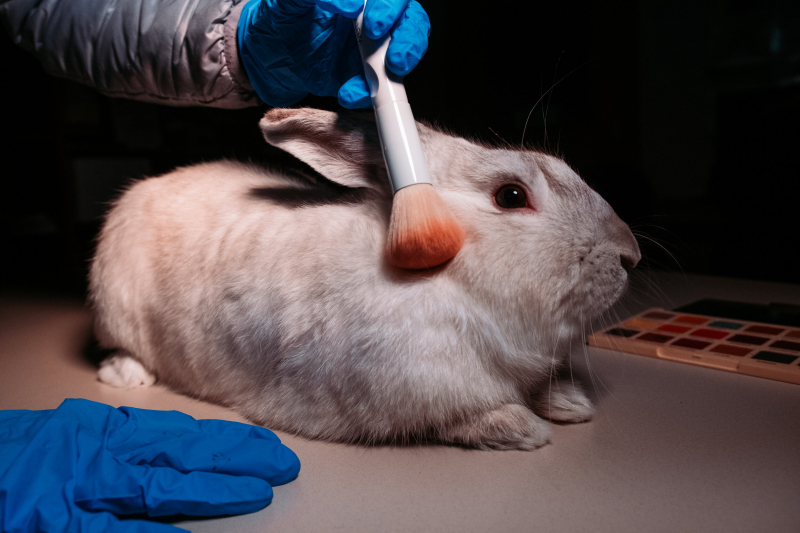
Screenshot via Wikipedia 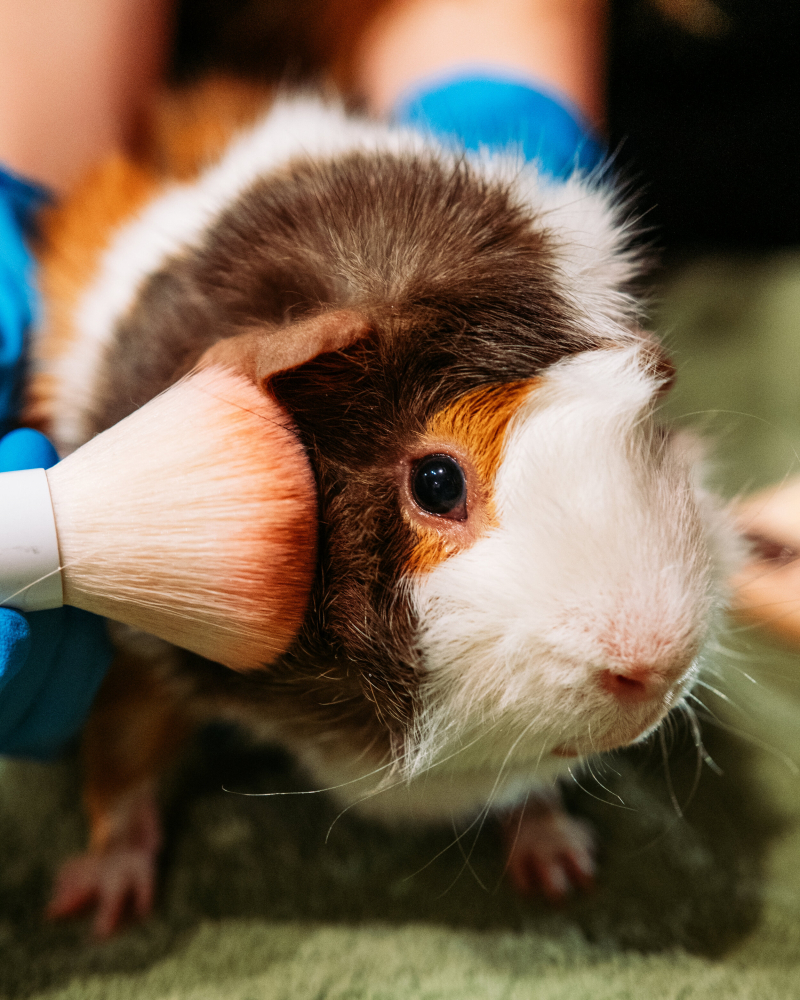
Screenshot via Wikipedia -
Essay topic: Examine the ethical considerations surrounding the use of animals in testing cosmetics and personal care products, weighing the benefits against the ethical concerns.
Answer:
In the glittering world of cosmetics, a silent debate echoes, the use of animals in testing beauty products. This raises ethical questions that demand our attention. Exploring the validity and ethics of animal testing in the cosmetic industry is crucial as we seek beauty without compromising the well-being of our furry counterparts.
The ethical considerations surrounding animal testing in the cosmetic industry are both delicate and pressing. On one hand, testing cosmetics on animals has been a common practice to ensure product safety for human use. However, this tradition raises concerns about the ethical treatment of animals and the necessity of subjecting them to potential harm.
Critics argue that the benefits gained from animal testing in the cosmetic industry might not outweigh the ethical concerns. Animals, like us, can experience pain and distress, prompting a call for alternative testing methods that do not involve the use of living beings. Technological advances offer promising alternatives, and the industry is gradually shifting towards cruelty-free practices.
Weighing the benefits against ethical concerns requires a careful evaluation of the industry's practices. Cosmetic safety is important, but so is the ethical treatment of animals. Alternative testing methods, such as in vitro testing and computer simulations, are proving to be effective in ensuring product safety without causing harm to animals.
In conclusion, the debate over animal testing in the cosmetic industry reflects a delicate balance between product safety and ethical treatment. While the industry has relied on animals for safety testing, the ethical concerns are undeniable. As technology provides alternative methods, a shift towards cruelty-free practices becomes not just an ethical choice but a practical one. As consumers and industry players, we have the power to support and demand responsible and ethical practices in the pursuit of beauty. The path to a more compassionate cosmetic industry is within reach, guided by a thoughtful consideration of the validity and ethics surrounding animal testing.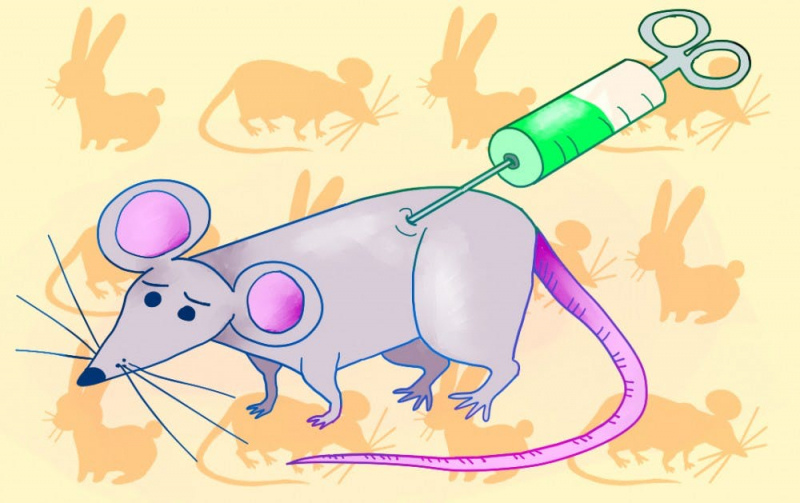
Screenshot via Wikipedia 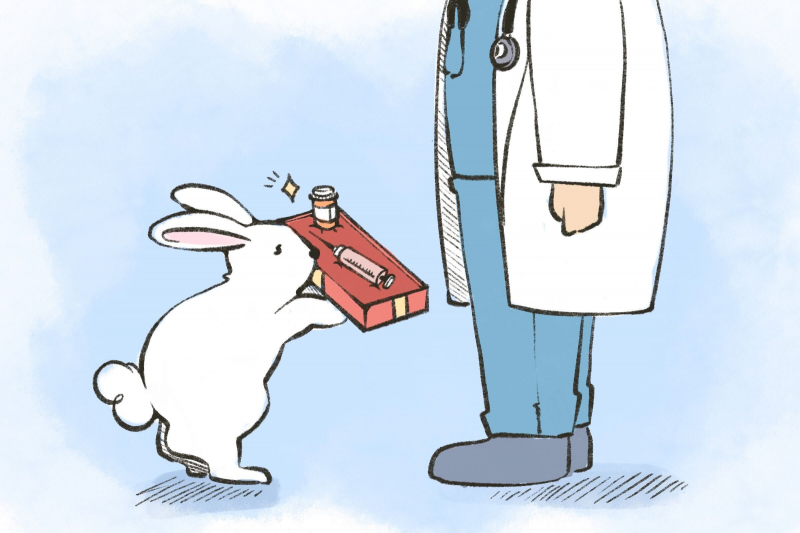
Screenshot via Wikipedia -
Essay topic: Assess the progress and potential of alternative testing methods and argue for or against their feasibility in replacing traditional animal testing.
Answer:
In the evolving landscape of scientific research, a pivotal question emerges, can we find alternatives to traditional animal testing methods? This inquiry delves into the progress and potential of non-animal testing methods, sparking a crucial debate on their viability and ethical considerations.
The progress in alternative testing methods is gaining momentum, offering hope for a future with reduced reliance on animals. Methods such as in vitro testing and computer simulations are emerging as promising substitutes. These alternatives not only show effectiveness but also address ethical concerns surrounding the treatment of animals in scientific experiments.
In vitro testing, involving cells in a controlled environment, provides a glimpse into potential human reactions without using animals. Computer simulations, on the other hand, allow researchers to model and predict outcomes. These advancements present viable options that can replace or minimize the need for traditional animal testing.
However, the transition from traditional methods to alternatives is not without challenges. Critics argue that these alternatives may not fully replicate the complexity of living organisms. They raise concerns about the reliability and comprehensiveness of data obtained through alternative methods, emphasizing the importance of thoroughly evaluating their efficacy.
In conclusion, the quest for alternatives to traditional animal testing methods marks a significant step toward more ethical and humane scientific practices. The progress in in vitro testing and computer simulations holds promise, but the journey towards their widespread adoption requires careful consideration. Striking a balance between the reliability of data and the ethical treatment of living beings is imperative. As we assess the viability of non-animal testing methods, the goal remains clear, advancing science responsibly while minimizing harm to our fellow inhabitants of this planet. The transition to alternatives is a journey worth taking, guided by a commitment to both scientific progress and ethical principles.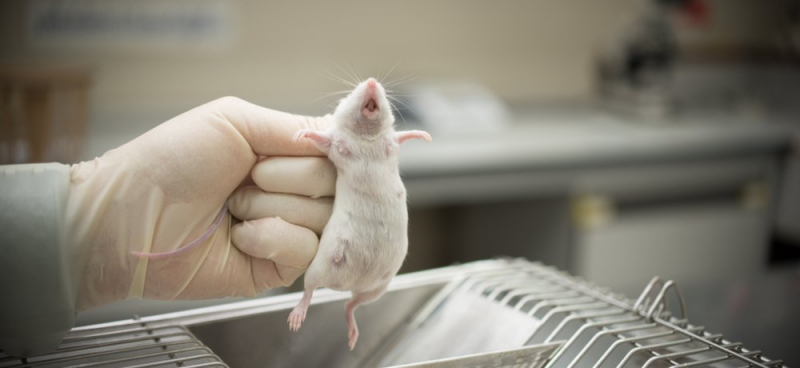
Screenshot via Adobe Stock 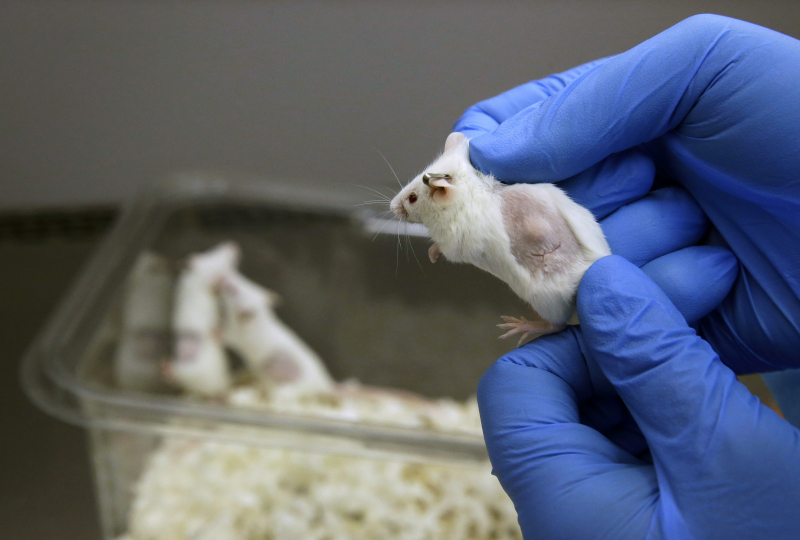
Screenshot via Adobe Stock -
Essay topic: Explore how animal testing contributes to the development of veterinary treatments and medicines, addressing both ethical and practical considerations.
Answer:
Animal testing is an important jigsaw piece in the advancement of medicines for our furry companions in the field of veterinary medicine. This essay goes at the influence of animal testing on veterinary medicine, traversing both the ethical and practical concerns that affect the development of animal medicines.
Animal testing stands as a cornerstone in the development of veterinary treatments, offering valuable insights that benefit our animal companions. Through carefully conducted experiments, researchers gain essential knowledge about the safety and efficacy of medications designed for animals. This process ensures that veterinary medicines meet rigorous standards before they are administered to our beloved pets.
Ethically, questions arise about the well-being of animals involved in testing. However, in the context of veterinary medicine, these animals often contribute to advancements that directly benefit their own kind. The ethical considerations are carefully navigated to ensure the welfare of the animals while prioritizing the development of treatments that can alleviate their suffering.
Practically, animal testing provides a realistic and reliable model for understanding how veterinary medicines may affect animals in real life situations. It helps identify potential side effects, dosage requirements, and overall safety, ensuring that the treatments prescribed by veterinarians are not only effective but also safe for our animal companions.
In conclusion, the impact of animal testing on veterinary medicine is profound, offering a pathway to better treatments and improved healthcare for our furry companions. While ethical considerations are paramount, the practical benefits cannot be overlooked. As we navigate the complexities of veterinary medicine, a delicate balance between ethical responsibility and the practical necessities of medicine development guides our journey. In the pursuit of healthier and happier lives for our animal friends, animal testing remains a tool that, when used responsibly, contributes significantly to the well being of the very creatures it aims to help.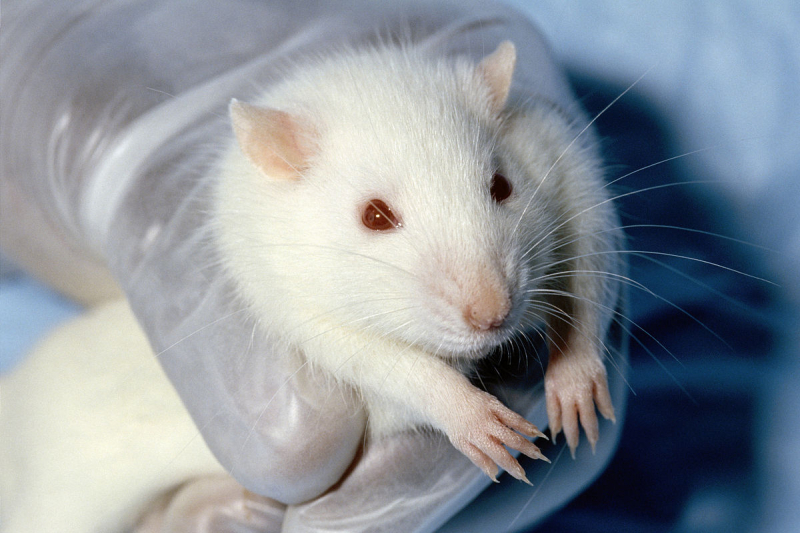
Screenshot via Adobe Stock 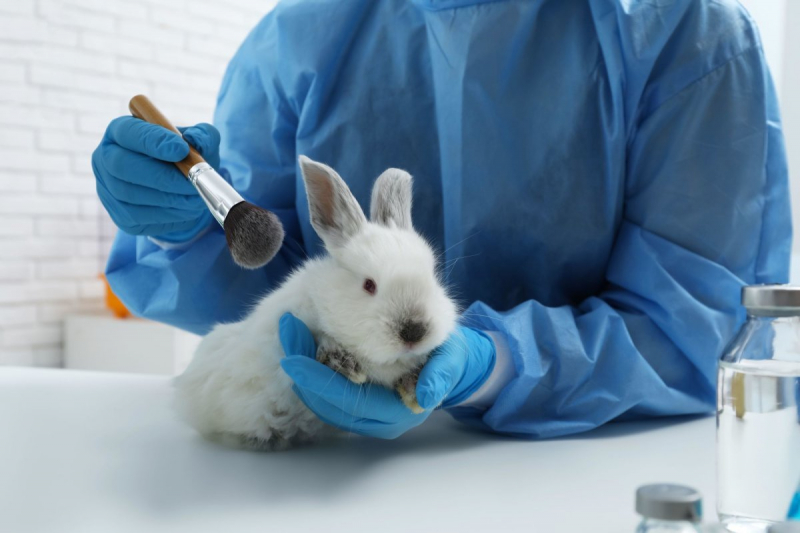
Screenshot via Adobe Stock -
Essay topic: Discuss the legal aspects of animal testing, examining existing regulations and proposing ways to enhance accountability and ethical standards.
Answer:
In the complex world of animal testing, legal frameworks play a crucial role in shaping the ethical boundaries and accountability surrounding this practice. This essay delves into the legal aspects of animal testing, scrutinizing existing regulations and proposing ways to bolster accountability and ethical standards in this contentious field.
The legal frameworks governing animal testing vary, and understanding their nuances is key to navigating this ethical landscape. Existing regulations often focus on minimizing harm to animals, outlining procedures that researchers must follow. However, the enforcement and effectiveness of these regulations can vary, leaving room for improvement.
Enhancing accountability requires a multifaceted approach. One way is to strengthen penalties for violations of animal welfare standards, ensuring that those who breach ethical boundaries face significant consequences. Additionally, implementing regular audits and inspections can serve as a proactive measure, holding research facilities accountable for their treatment of animals.
Moreover, promoting transparency is essential. Clear communication about the purposes and methods of animal testing, as well as the outcomes and benefits derived, helps build public trust. Open dialogue and collaboration between regulatory bodies, researchers, and the public contribute to a more accountable and ethical framework.
In conclusion, the legal frameworks surrounding animal testing form the backbone of ethical practices in this field. While existing regulations provide a foundation, there is a call for enhancing accountability and ethical standards. Strengthening penalties, conducting regular audits, and fostering transparency can collectively contribute to a more responsible and ethical approach to animal testing. As we navigate the intersection of legalities and ethics, the goal is to strike a balance that not only advances scientific knowledge but also ensures the humane treatment of our fellow beings.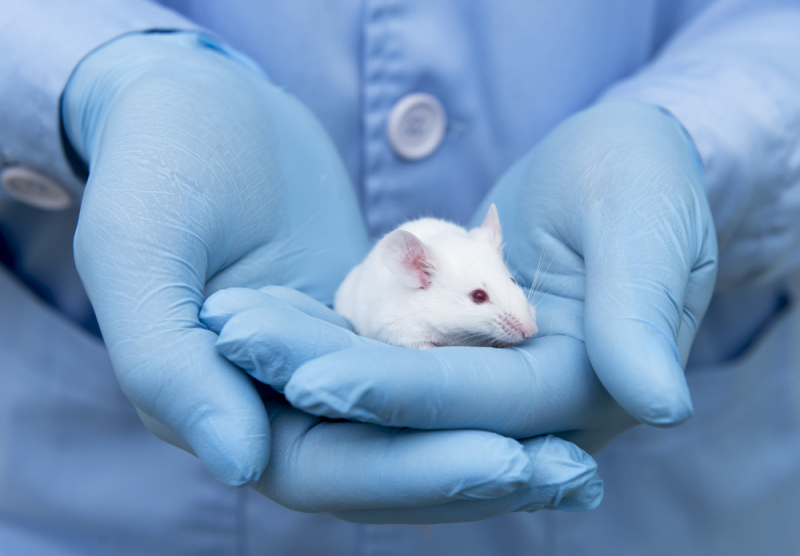
Screenshot via shutterstock.com 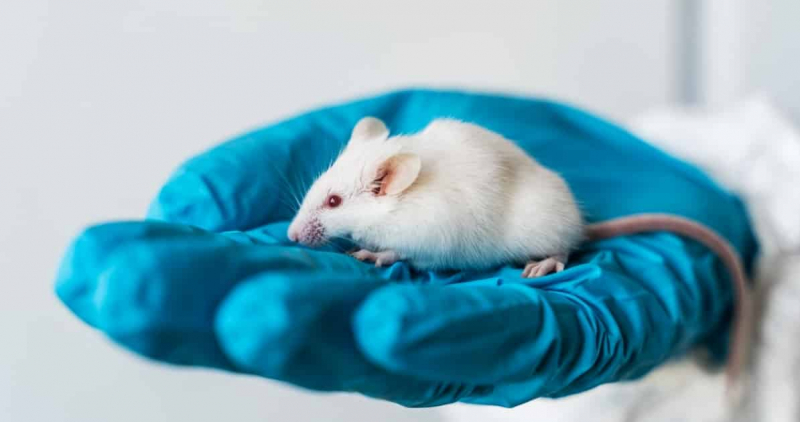
Screenshot via shutterstock.com -
Essay topic: Argue for the educational benefits of using animals in scientific research, particularly in academic settings, to train future scientists and healthcare professionals.
Answer:
In the educational realm, the role of animal testing stands as a valuable tool in shaping the minds of future scientists and healthcare professionals. This essay advocates for the educational benefits derived from using animals in scientific research, emphasizing its significance in academic settings to cultivate the skills and knowledge of those who will lead the way in advancing healthcare.
The educational value of animal testing is profound, especially in academic settings where aspiring scientists and healthcare professionals lay the foundation for their careers. Interacting with living organisms provides hands-on learning experiences that textbooks alone cannot impart. This practical engagement fosters a deeper understanding of biological processes, anatomy, and the intricacies of medical research.
Animal testing serves as a bridge between theory and practice, allowing students to apply classroom knowledge to real-world scenarios. By conducting experiments on animals, students gain valuable insights into the complexities of biological systems and the potential impacts of medical interventions. This firsthand experience enhances critical thinking, problem-solving skills, and the ability to translate scientific concepts into practical solutions.
Furthermore, exposure to animal testing instills a sense of responsibility and ethical awareness in future scientists and healthcare professionals. Understanding the ethical considerations involved in using animals for research ensures that these professionals approach their work with compassion, empathy, and a commitment to the welfare of living beings.
In conclusion, the educational value of animal testing in academic settings is indispensable. It serves as a foundational tool for training future scientists and healthcare professionals, offering them practical experiences that shape their understanding of the intricacies of biological systems. While ethical considerations are vital, the educational benefits contribute to the development of a skilled and compassionate workforce that will drive advancements in healthcare and scientific knowledge. Balancing the educational benefits with ethical responsibilities remains crucial as we nurture the next generation of professionals in the field.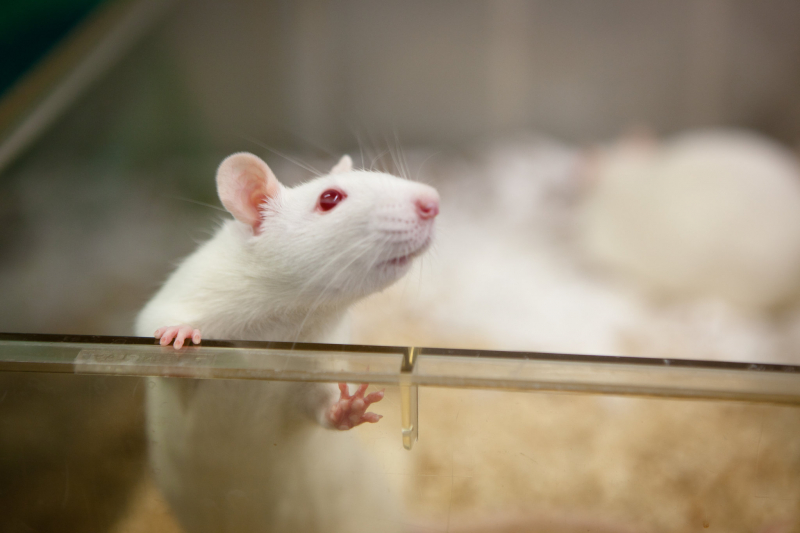
Screenshot via Faunalytics 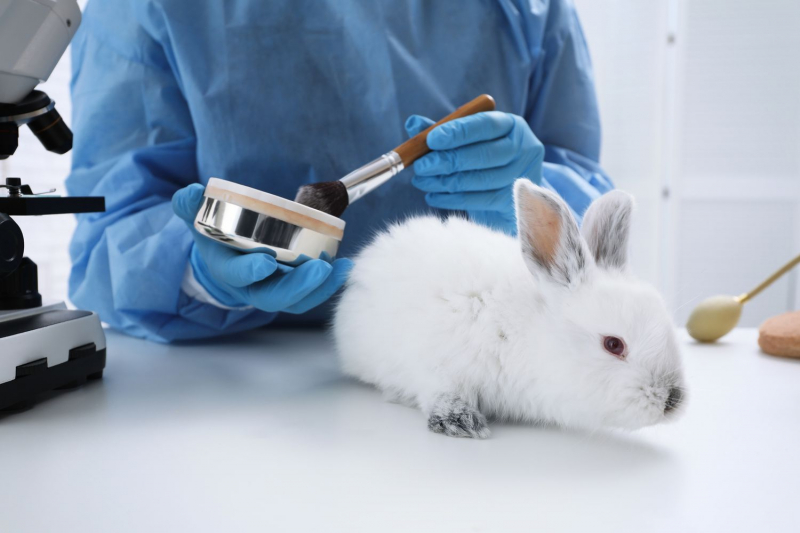
Screenshot via Faunalytics -
Essay topic: Investigate the role of corporate interests in shaping the use of animal testing, considering potential biases and conflicts of interest in research.
Answer:
The influence of industry interests casts a shadow on ethical issues and scientific methods in the field of animal testing. This article examines the role of corporate interests in determining the use of animal experimentation, looking for potential biases and conflicts of interest that might jeopardise the integrity of research in this sector.
Corporate interests wield significant influence in shaping the landscape of animal testing. The pursuit of profits and market competitiveness can potentially compromise the ethical principles that should guide scientific research. Industries may favor testing methods that are quicker or less costly, potentially overlooking more humane alternatives.
Biases may emerge when corporations directly fund research. A financial connection between researchers and industries can lead to conflicts of interest, raising questions about the impartiality of findings. This dynamic may skew results in favor of products or practices that align with the financial interests of the sponsoring entity.
Transparency is vital in navigating the intersection of corporate interests and animal testing. Ensuring that research methodologies, funding sources, and potential conflicts of interest are openly disclosed promotes accountability and helps the scientific community, regulatory bodies, and the public evaluate the reliability and objectivity of the research conducted.
In conclusion, the influence of industry interests on animal testing practices underscores the importance of ethical vigilance and transparency in scientific research. Striking a balance between corporate interests and the ethical treatment of animals is crucial for maintaining the integrity of scientific inquiry. As we navigate this complex terrain, emphasis on transparency, unbiased research, and a commitment to ethical principles will ensure that the interests of both industry and ethical responsibility are appropriately weighed in the pursuit of knowledge.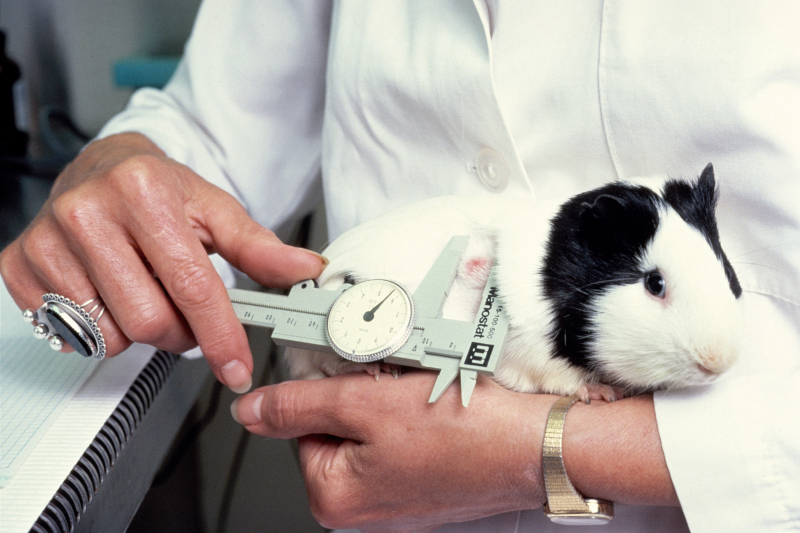
Screenshot via Faunalytics 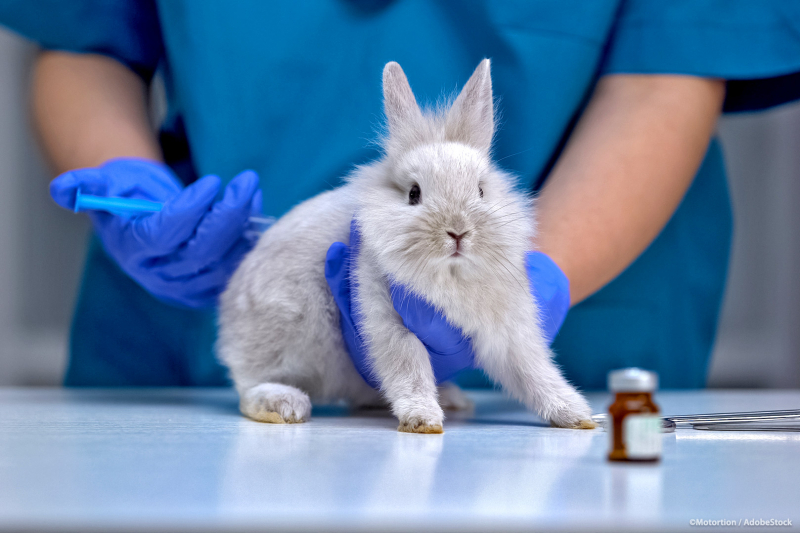
Screenshot via Faunalytics -
Essay topic: Compare and contrast the approaches to animal testing in different countries and regions, considering cultural, legal, and ethical variations.
Answer:
The practice of animal testing varies worldwide, reflecting diverse cultural, legal, and ethical perspectives. This essay explores global viewpoints on animal testing, comparing and contrasting approaches in different countries and regions. Understanding these variations is crucial for navigating the complex ethical landscape surrounding animal research.
Different countries exhibit diverse attitudes towards animal testing, shaped by cultural, legal, and ethical considerations. In some regions, stringent regulations govern the use of animals in research, prioritizing ethical treatment and minimizing harm. In contrast, other places may have more permissive attitudes, allowing for broader usage of animals in scientific experiments.
Cultural values play a significant role in shaping these perspectives. Some cultures prioritize animal welfare, viewing testing practices with scrutiny and emphasizing humane treatment. Others may place a higher value on scientific progress, potentially leading to more lenient attitudes towards animal testing for the sake of medical advancements.
Legal frameworks further contribute to the variations observed globally. Some countries have robust regulations in place, strictly overseeing animal testing procedures. In contrast, regions with lax legal structures may face challenges in ensuring ethical standards, potentially compromising the welfare of animals involved in experiments.
In conclusion, global perspectives on animal testing showcase a diverse landscape influenced by cultural, legal, and ethical factors. Understanding these variations is essential for fostering international dialogue and cooperation in shaping ethical standards for animal research. While cultural differences exist, a shared commitment to responsible and humane practices should guide the development of a global framework that respects the welfare of animals while promoting scientific progress. The quest for a harmonized approach to animal testing requires recognizing and reconciling these diverse perspectives to establish ethical standards that resonate across borders.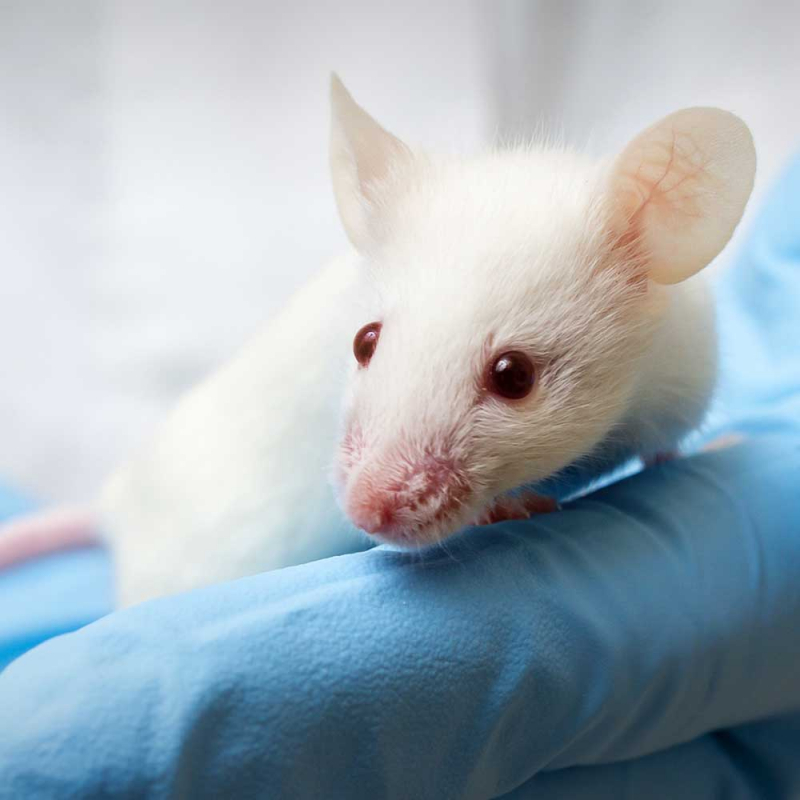
Screenshot via TeenView Magazine 
Screenshot via TeenView Magazine


















